Hundreds of vehicles exporting produce from Burma to China are now stuck at the Shan State-China border in Muse and Namkham townships, as Chinese authorities continue a lockdown on travel to prevent the spread of COVID-19.

1st news about corn at sino burma boarder 1
China ordered the closing of its border with Burma on April 1 for two months after a case of COVID-19 was confirmed in Shan State by Ministry of Health and Sports. Now, only select vehicles are allowed to cross.
At the time of reporting, more than 100 trucks were waiting in Muse alone, some for more than five days. With nowhere to sell their produce, some drivers have thrown their fruit and vegetables into the Shweli River—also known as the Nammao—as it rotted.
“We are extremely worried about the freshness of the fruit as the pandemic might go on for a long time,” Sai Than Myint, a farmer from Namhkam Township, told SHAN.
Sai Aik Leng, another Namkham farmer, said that this year, farmers like him are struggling to repay debts that they took out to grow their crops. It is common in Burma to borrow money to pay for seeds, and then pay it back after harvest. But without anywhere to sell their fruit or vegetables, the debt accrues interest and farmers risk losing their land, which is often taken as collateral.
Some farmers have resorted to selling crops like corn to livestock breeders at a lower price. Others have tried to sell it locally in Muse.
“It seems like we are on our own. We tried hard to grow these crops by ourselves and now we will be defeated, still on our own,” said Sai Than Myint in Namkham.
Parliamentarian for Namkham Township’s Constituency (2) Aye Maung said that Shan State authorities are negotiating regarding the transport of basic goods during the period of restricted movement, but crops like corn and fruit have not yet been included in the discussion.
“We are trying hard to resolve the transport issue during this lockdown,” he said. “Local authorities are participating in negotiations to resolve the matter.”
Farmer Sai Aik Leng said that the COVID-19 pandemic has demonstrated how the sole reliance on fresh exports to China can have a devastating impact on farmers when an emergency forces the borders to close.
“We need to find other ways to trade our produce. The community should be able to transform raw materials to foods or other products. It will be helpful in developing the economy,” he explained.
With borders closed, prices of basic goods in Burma have increased. Travel is restricted and curfews are in place to prevent the spread of the coronavirus, providing limited options for people to make a living amid the public health crisis.
Translated by Sai Seng Han





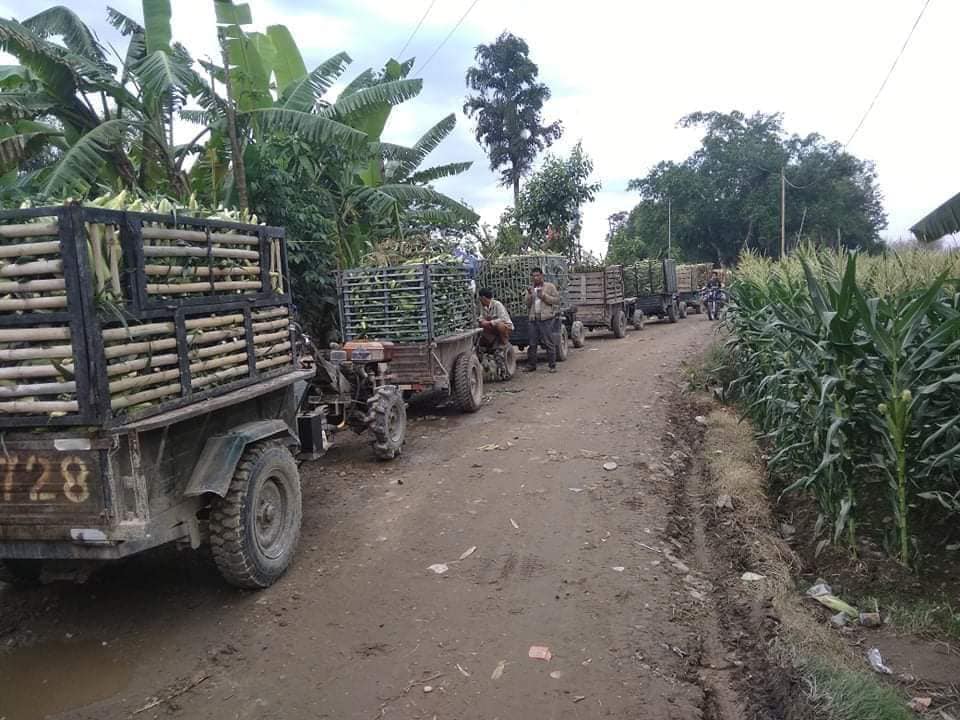




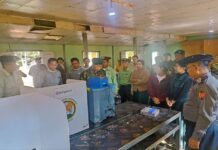
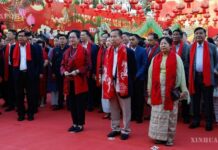
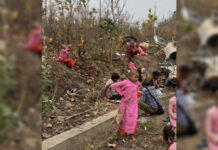
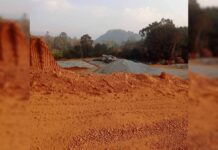



Leave a Comments